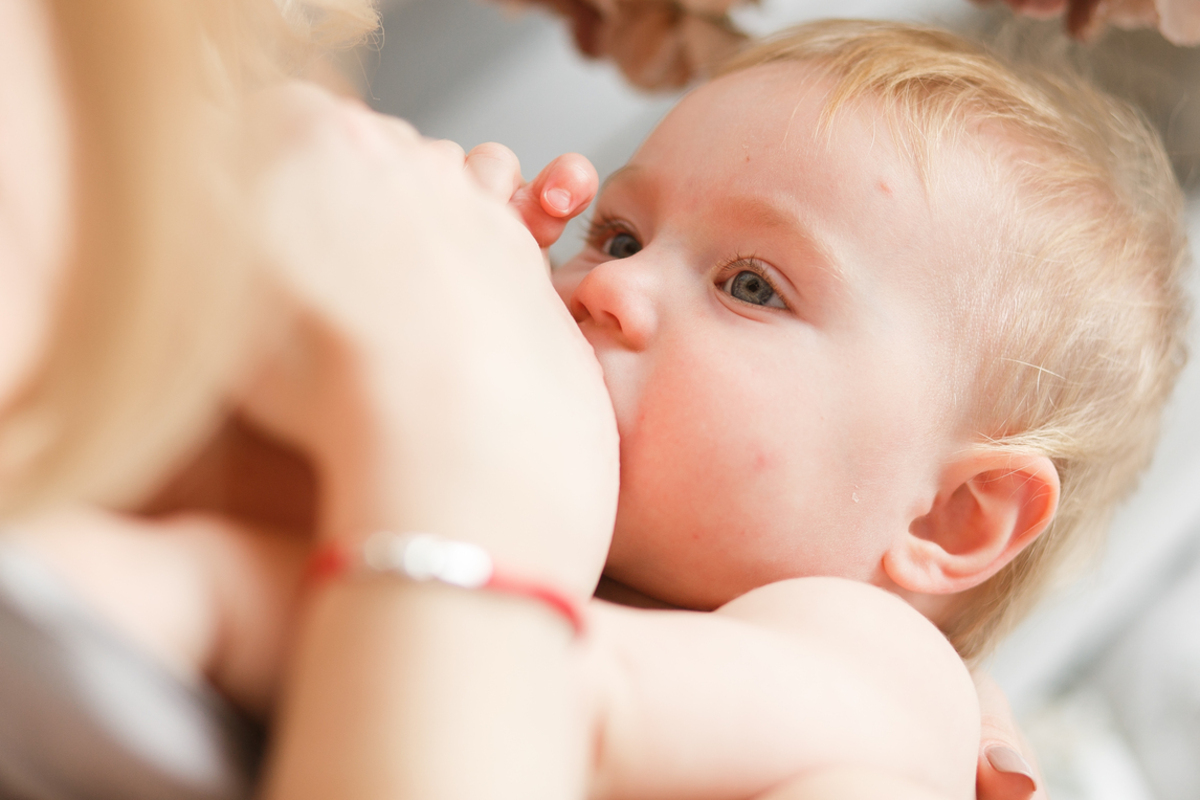Tooth decay in young children can be a major problem, both for the affected child and the parents. At a young age, the child is unable to take care of their teeth and therefore cannot be held responsible for the tooth decay. It is the parents who must recognize potential mistakes they are making with respect to feeding habits and tooth brushing.

One of the primary ways in which young children get their nutrition is through breastfeeding. Different guidelines recommend that a child be breastfed anywhere from six to 24 months.
What is the relationship between breastfeeding and tooth decay?
A few factors need to come together for tooth decay to occur. The presence of sugar, which acts as a growth medium for decay-causing bacteria, is a primary requirement. This sugar can be procured from sweetened milk, feeding formulas, baby food or even breast milk.
Breast milk is meant to nourish the child and take care of the nutritional requirements and so is rich in calories which are provided by the sugars. Babies usually breastfeed before sleeping or when they are tired and are usually in the horizontal position. As a result, the milk might pool around their lower teeth and cause much the same effects as seen in "baby bottle decay" or "nursing bottle tooth decay".
Baby teeth start coming in around the age of six months and will continue to erupt every few months afterward. If most children are breastfeeding around the age of 12 to 24 months, there is a significant overlap between the time that breast milk and baby teeth interact.
Breastfeeding is as old as time. Why are these new studies making a big deal out of it?
One of the reasons why these recently published studies are gaining so much attention is that not too many people have studied the effect of prolonged breastfeeding on tooth decay in the past. The results of the studies have also identified breastfeeding as an independent cause of tooth decay even when the results were adjusted for other sources of sugar in the diet.
Does this mean that breastfeeding is bad for the teeth?
Not at all. Breastfeeding is not bad for the teeth at all, as it provides the necessary nutrition required for their development inside the jaws. This study, however, brings to light that prolonged breastfeeding in children, once they have multiple teeth in their mouth, can be a source of nutrition for disease-causing bacteria as well.
When should breastfeeding be stopped to keep teeth healthy?
There are too many benefits of breastfeeding with relation to immunity building, nutrition, growth and development, and building a bond between the mother and child that weaning the child for fear of tooth decay is just not advisable.
The child still has to eat and drink after breastfeeding is stopped so good oral hygiene practices must be followed then as well. The ideal time to stop breastfeeding is when it is mutually arrived to by the mother and child after a minimum of six months, irrespective of how many months it may be.
What oral hygiene does a breastfeeding baby need?
The biggest culprit of tooth decay is the pooling of milk around the lower teeth at night. One of the reasons why it may occur is that the child continues to suckle on the breast even after being full, probably just for comfort. This is where a pacifier may come in handy.
The other option is to replace the breast with a bottle of water to help cleanse the mouth during the sleep. Slowly, the child must be weaned away from this habit of sleeping while breastfeeding or with a milk bottle in the mouth.
Conclusion
While recent studies on breastfeeding and tooth decay have brought some interesting light to this discussion, it does not really change much in the actual real-world habits of the people. Mothers are still recommended to breastfeed for the same time as they did earlier even though breast milk has been found to cause tooth decay after a prolonged period of time.
The important differentiator is the maintenance of good oral hygiene in the baby and that is something that was also known for many years. So keep doing what you do, just make sure that the teeth are cleaned regularly.


Your thoughts on this